Post-disaster energy lines
The nuclear disaster at Japan’s earthquake and tsunami-stricken Fukushima Daiichi nuclear power plant has again underscored both the need for the International Atomic Energy Agency (IAEA) and its limited authority and resources.
It will cost billions of dollars to stabilise the plants, close them down, decommission their reactors and mitigate the radioactive contamination. Equally important, the Japanese crisis has exposed flaws in global safety and emergency response networks, underscoring the need for urgent remedial effort.
The coming decades will likely present new safety challenges with many of the world’s aging nuclear reactors, which were built in the 1970s and 1980s, and the expected growth in the global use of nuclear power, still expected to occur despite the Japanese catastrophe. According to the IAEA, 443 nuclear reactors are operating in 29 countries. The agency reports that already 64 new reactors are under construction, mostly in China.
Tropical Storm Songda Hits Japan Region Still Reeling From Earthquake and Tsunami
Heavy rains and strong winds battered the northeast coast of Japan Monday as Tropical Storm Songda touched down on a region still reeling from a massive earthquake and tsunami, triggering mudslides and widespread flooding that forced the operator of the crippled Fukushima nuclear reactor to suspend outdoor work.
The storm was downgraded from a typhoon Sunday afternoon but has still brought significant rain and winds. In the city of Ishinomaki in the Miyagi prefecture, the Japan Meteorological Agency said winds clocked in at more than 70 miles per hour.
Japan pensioners volunteer to tackle nuclear crisis Follow up..
A group of more than 200 Japanese pensioners are volunteering to tackle the nuclear crisis at the Fukushima power station.
The Skilled Veterans Corps, as they call themselves, is made up of retired engineers and other professionals, all over the age of 60.
They say they should be facing the dangers of radiation, not the young.
Another example of humans behaving in a decent and realistic manner in the face of this immediate life or death situation/ unavoidable doom.
Moody's Puts Japan Bond Rating On Review For Possible Downgrade
Moody's Investors Service on Tuesday placed the Japanese government bond ratings on review for a possible downgrade on concerns about weak policy response to the faltering economic outlook.
Japan Risks Chernobyl-Like ‘Dead Zone’ as Fukushima Soil Radiation Soars Well, yeah. And Fukushima will far surpass Chernobyl in size and scope. When will journalists start acknowledging this?
The nuclear disaster at Japan’s earthquake and tsunami-stricken Fukushima Daiichi nuclear power plant has again underscored both the need for the International Atomic Energy Agency (IAEA) and its limited authority and resources.
It will cost billions of dollars to stabilise the plants, close them down, decommission their reactors and mitigate the radioactive contamination. Equally important, the Japanese crisis has exposed flaws in global safety and emergency response networks, underscoring the need for urgent remedial effort.
The coming decades will likely present new safety challenges with many of the world’s aging nuclear reactors, which were built in the 1970s and 1980s, and the expected growth in the global use of nuclear power, still expected to occur despite the Japanese catastrophe. According to the IAEA, 443 nuclear reactors are operating in 29 countries. The agency reports that already 64 new reactors are under construction, mostly in China.
Tropical Storm Songda Hits Japan Region Still Reeling From Earthquake and Tsunami
Heavy rains and strong winds battered the northeast coast of Japan Monday as Tropical Storm Songda touched down on a region still reeling from a massive earthquake and tsunami, triggering mudslides and widespread flooding that forced the operator of the crippled Fukushima nuclear reactor to suspend outdoor work.
The storm was downgraded from a typhoon Sunday afternoon but has still brought significant rain and winds. In the city of Ishinomaki in the Miyagi prefecture, the Japan Meteorological Agency said winds clocked in at more than 70 miles per hour.
Japan pensioners volunteer to tackle nuclear crisis Follow up..
A group of more than 200 Japanese pensioners are volunteering to tackle the nuclear crisis at the Fukushima power station.
The Skilled Veterans Corps, as they call themselves, is made up of retired engineers and other professionals, all over the age of 60.
They say they should be facing the dangers of radiation, not the young.
Another example of humans behaving in a decent and realistic manner in the face of this immediate life or death situation/ unavoidable doom.
Moody's Puts Japan Bond Rating On Review For Possible Downgrade
Moody's Investors Service on Tuesday placed the Japanese government bond ratings on review for a possible downgrade on concerns about weak policy response to the faltering economic outlook.
Japan Risks Chernobyl-Like ‘Dead Zone’ as Fukushima Soil Radiation Soars Well, yeah. And Fukushima will far surpass Chernobyl in size and scope. When will journalists start acknowledging this?

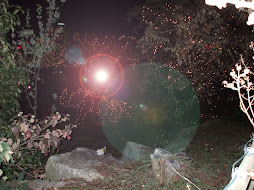







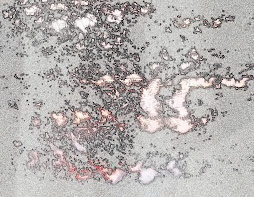




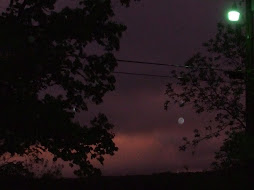








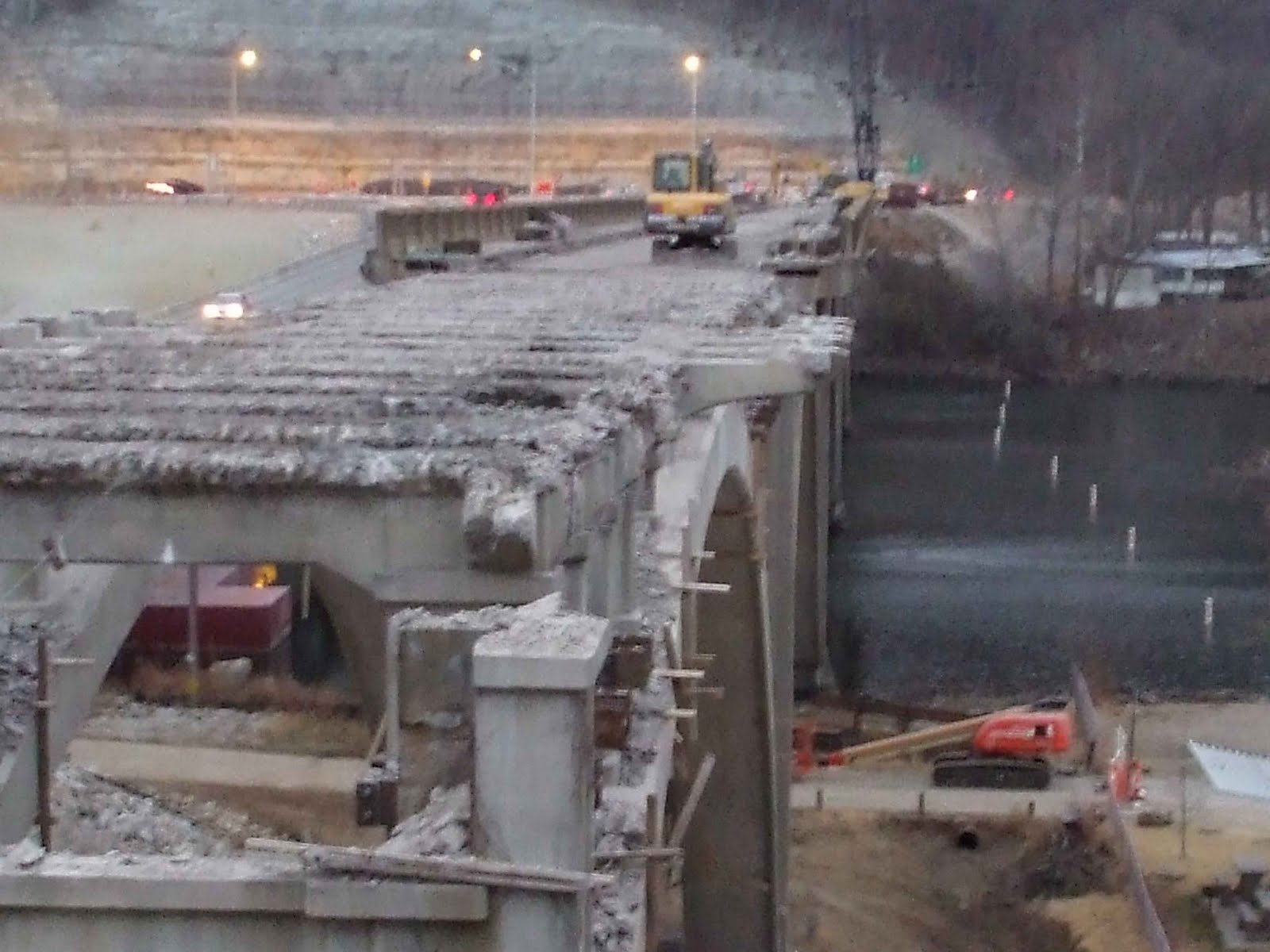




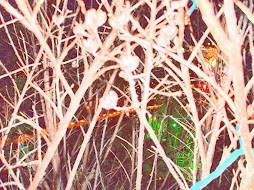














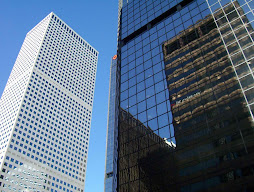





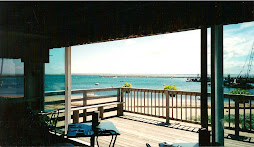























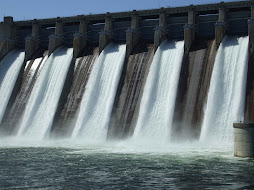


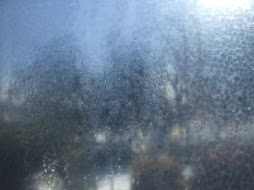



















No comments:
Post a Comment